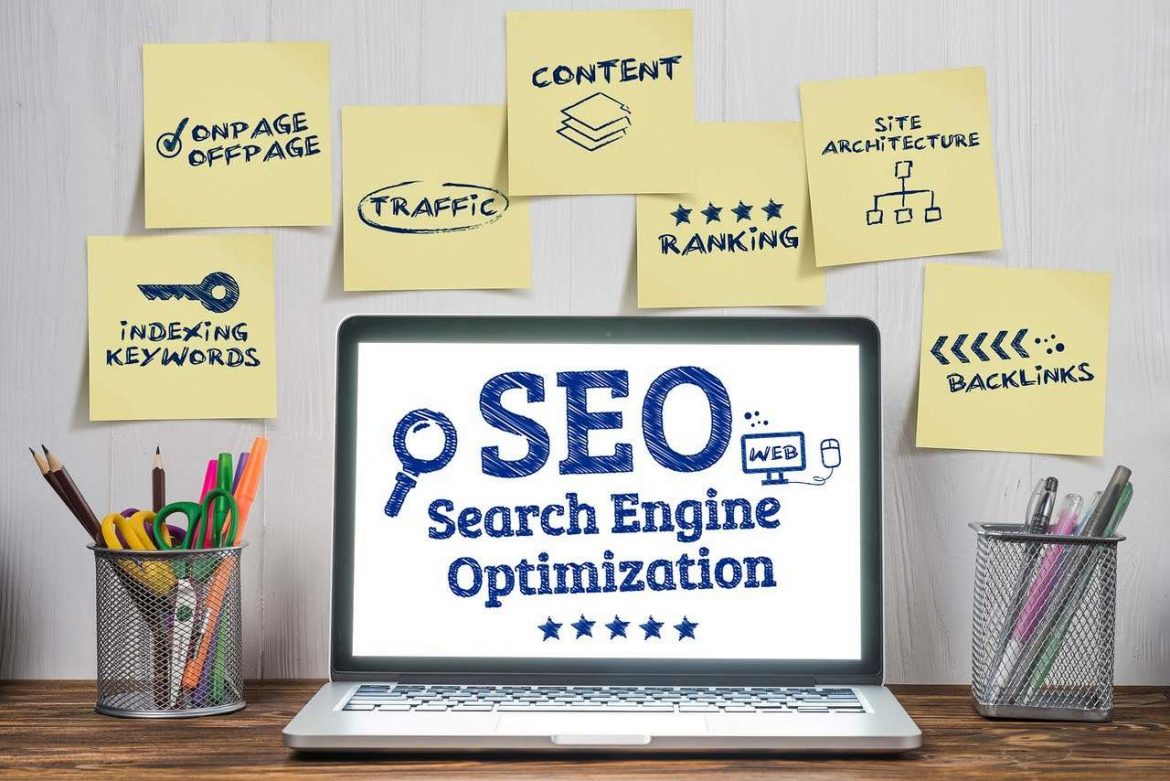SEO stands for Search Engine Optimization. It is the process of getting traffic from the “free,” “organic,” “editorial,” or “natural” search results on search engines such as Google, Bing, Yahoo, and others.
All major search engines have primary search results where web pages and other content, such as videos or local listings, are shown and ranked based on what the search engine considers most relevant to users.
While we craft beautifully organized and easy to navigate websites, we do not consider ourselves to be Web Designers. From the moment we start discussions about your new or reworked website, we put our Web Developer hats on and start thinking about how we can create a website that works for you. All websites we work on are built from the ground up to take advantage of this free and important source of consumers to get them to click on your website. A properly coded website that pays attention to the key characteristics that are rewarded by search engines like Google, etc… are a huge plus when it comes to setting you apart from your competition. The methods and tactics we put in place from the base of your website help in getting people to visit your website.
Search engine optimization falls into two generic categories, On-Site SEO and Off-Site SEO. Below is a bit more detail about On-site SEO as it is the primary amount of SEO work that goes into every project we work on. Off-Site SEO is just as important but it involves ongoing efforts and considered an add-on once a website project has been completed.
On-site SEO (also known as on-page SEO) is the practice of optimizing elements on a website (as opposed to links elsewhere on the Internet and other external signals collectively known as “off-site SEO”) in order to rank higher and earn more relevant traffic from search engines. On-site SEO refers to optimizing both the content and HTML source code of a page. Beyond helping search engines interpret page content, proper on-site SEO also helps users quickly and clearly understand what a page is about and whether it addresses their search query. In essence, good On-site SEO helps search engines understand what a human would see (and what value they would get) if they visited a page of your website, such as your blog, so they can reliably serve up what potential customers would consider high- quality content about a particular search query (keyword).
The ultimate goal of On-site SEO can be thought of as attempting to make it as easy as possible for both search engines and users to:
• Understand what a webpage is about
• Identify that page as relevant to a search query or queries (i.e. a particular keyword or set of keywords)
• Find that page useful and worthy of ranking well on a search engine results page (SERP)
Off-site SEO (also called “off-page SEO”) refers to actions taken outside of your own website to impact your rankings within search engine results pages (SERPs). Optimizing for Off-site ranking factors involves improving search engine and user perception of a site’s popularity, relevance, trustworthiness, and authority. This is accomplished by other reputable places on the Internet (pages, sites, people, etc.) linking to or promoting your website, and effectively “vouching” for the quality of your content.
Off-site SEO is a service we offer as an add-on. Contact us if you’d like to hear more about Off-site SEO and how it can help your website get more traffic and potential customers.



